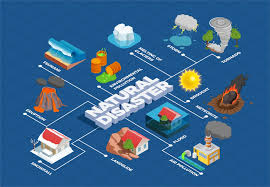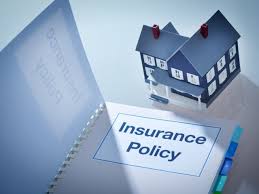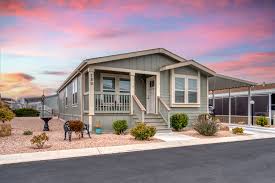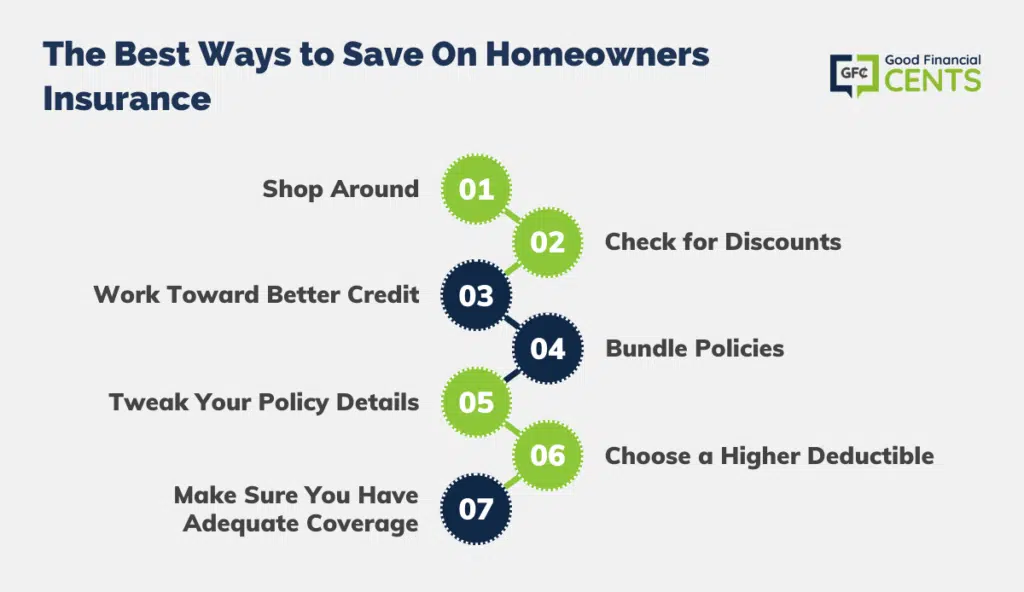Home Insurance Claims Assistance: Maximizing Your Claim. Home insurance claims can be overwhelming, especially when you’re dealing with property damage or loss. Understanding the claims process, knowing your rights, and taking the right steps can make a significant difference in getting the compensation you deserve. This guide provides a step-by-step approach to home insurance claims assistance, ensuring a smoother process with better outcomes.
Understanding Home Insurance Claims
A home insurance claim is a formal request to your insurance company for compensation due to property damage, theft, or liability. The amount you receive depends on your policy coverage, deductibles, and the extent of damage.
Types of Home Insurance Claims
- Property Damage Claims – Covers damages caused by fire, water, storms, vandalism, and other covered perils.
- Theft Claims – Compensates for stolen valuables and damages resulting from a break-in.
- Liability Claims – Protects you from legal and medical expenses if someone is injured on your property.
- Natural Disaster Claims – Coverage varies by policy and may require additional riders for earthquakes and floods.
- Additional Living Expenses (ALE) Claims – Covers temporary housing and expenses if your home is uninhabitable due to damage.
Step-by-Step Home Insurance Claims Process
1. Assess the Damage and Notify Your Insurer
- Inspect the damage carefully and document everything with photos and videos.
- Contact your insurance company as soon as possible to report the incident.
2. Review Your Insurance Policy
- Understand the scope of your coverage, exclusions, and deductibles.
- Check if additional endorsements apply to your situation.
3. Gather Supporting Documentation
- Maintain an inventory of damaged or stolen items, including receipts and valuations.
- Obtain repair estimates from contractors to substantiate your claim.
4. File the Claim Properly
- Submit all required forms, documents, and evidence promptly.
- Keep a record of all communication with your insurer.
5. Work with the Insurance Adjuster
- Your insurer will send an adjuster to evaluate the damage.
- Be present during the inspection and provide all necessary documentation.
6. Negotiate Your Settlement
- If the initial offer is low, provide additional evidence to justify a higher payout.
- Consider hiring a public adjuster if negotiations are not favorable.
7. Repair and Rebuild
- Once the claim is approved, proceed with necessary repairs.
- Keep track of all expenses and invoices for reimbursement.
8. Appeal if Necessary
- If your claim is denied or underpaid, file an appeal with supporting evidence.
- Seek legal assistance if needed to challenge the insurer’s decision.
10 Expert Tips to Maximize Your Home Insurance Claim
- Document Everything – Take extensive photos and videos before and after damage.
- Understand Your Policy – Know your coverage limits and exclusions.
- Report Damage Immediately – Delaying claims can lead to complications.
- Work with a Trusted Contractor – Get accurate repair estimates.
- Be Present During the Adjuster’s Visit – Explain the damage in detail.
- Keep Communication in Writing – Maintain records of emails and letters.
- Don’t Accept the First Offer – Negotiate if the payout seems insufficient.
- Hire a Public Adjuster if Needed – They can help maximize your settlement.
- Check for Hidden Damage – Ensure all issues are addressed before settling.
- Appeal if Necessary – Fight for your rightful compensation if you’re underpaid.
10 Frequently Asked Questions (FAQs) About Home Insurance Claims
1. How long does a home insurance claim take?
Most claims take a few weeks, but complex cases can take months.
2. What if my claim is denied?
You can appeal with additional evidence or seek legal help.
3. Can I choose my own contractor for repairs?
Yes, but ensure they meet the insurance company’s requirements.
4. Will my premiums increase after filing a claim?
It depends on the type and frequency of claims filed.
5. What should I do if I disagree with the adjuster’s estimate?
Get independent repair estimates and negotiate for a fair settlement.
6. Can I claim for temporary housing expenses?
Yes, if your policy includes Additional Living Expenses (ALE) coverage.
7. How can I prevent claim disputes?
Keep detailed records, understand your policy, and communicate clearly.
8. What items should I document before a disaster?
Take inventory of valuable possessions, including receipts and appraisals.
9. Do I need to pay a deductible for every claim?
Yes, unless your policy states otherwise.
10. Can I claim damages from a flood or earthquake?
Standard policies exclude these; you may need separate coverage.
Conclusion
Filing a home insurance claim can be a complex process, but with proper knowledge and preparation, you can maximize your payout and reduce stress. Always document damage thoroughly, understand your policy coverage, and negotiate if necessary to receive a fair settlement.
By following the right steps and being proactive in the claims process, you can ensure a smoother experience and a higher likelihood of getting the compensation you deserve. Don’t hesitate to seek professional help if your claim is delayed, underpaid, or denied, as expert assistance can make a significant difference in your final settlement.










